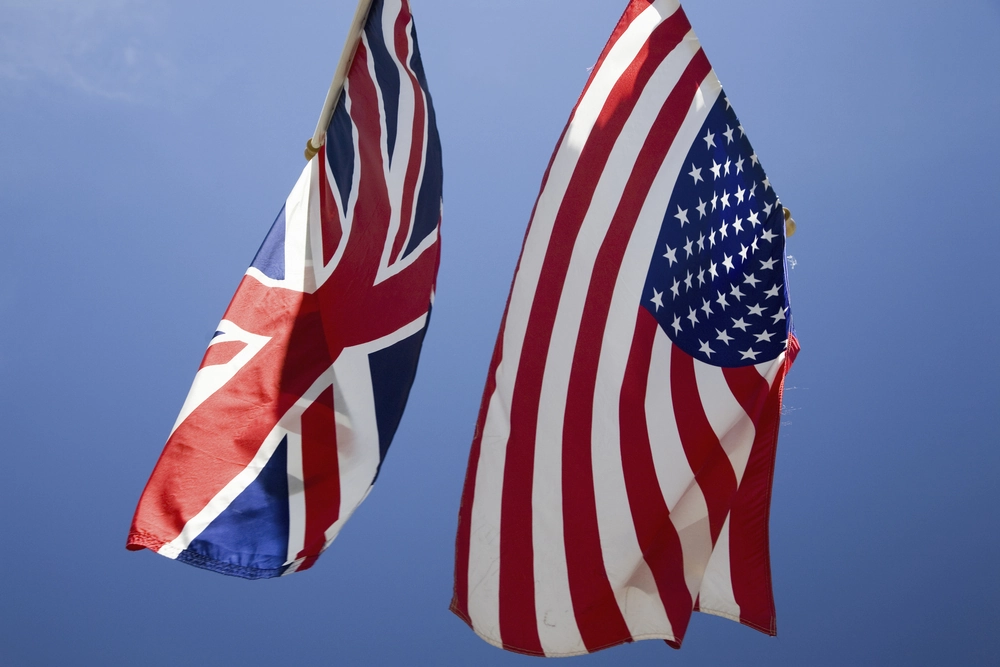Picture the scene. You're the investment director at a prominent family office with a diversified real estate portfolio and have agreed heads of terms to acquire a sought-after regional logistics asset for £40m which benefits from a long lease to a well-known online retail giant. The Propco is incorporated and debt terms are in. An Islamic bank has offered to provide a £26m facility with a three-year term at an annual fixed profit rate of 3.20%.
The terms are attractive and align with your financial model, but you notice references in the terms sheet to 'purchase contracts' and 'commodities' and need further details before proceeding.
The concept of a purchase contract forms the cornerstone of all commodity murabaha facilities. Taking our opening scene and working it through, a purchase contract will comprise:
- The Islamic bank purchasing commodities from a broker on the London Metal Exchange (LME) for £26m; and
- It selling those commodities to the Propco for £28.5m, which both parties agree will be repaid over a three year term.
The Propco will then instruct the Islamic bank to on-sell those same commodities (sometimes by engaging a separate entity as its on-selling agent) on Propco's behalf to another broker on the LME for the original £26m.
The result? The Propco has £26m to part-fund its purchase of the asset and owes the Islamic bank £28.5m, repayable over three years. The difference of £2.5m? That's an amount equal to the fixed annual profit rate of 3.20% on the £26m over three years.
The economic effect is similar to a conventional loan but the crucial difference lies in how the debt obligation arises. Islamic law considers money as merely a means to achieve an objective and not the objective itself. As it has no intrinsic value, one cannot charge or receive money on money and real economy transactions are encouraged.
That rules out the payment or receipt of interest. How is the outcome of the purchase contract and on-sale any different? Well, proponents cite that whilst not perfect, the fixed rate product meets current standards issued by the Accounting and Auditing Organisation for Islamic Financial Institutions (AAOIFI) and the commodity trade is sufficiently 'arm's length' as it involves:
- the trading of real, physical commodities which are not currencies;
- the parties taking title to those commodities and (constructive) possession of them;
- each step being documented appropriately and undertaken sequentially;
- the on-sale being undertaken by an entity other than the Islamic bank (though from our experience this depends on which Islamic bank you're dealing with); and
- the on-sale being transacted with a different broker.
Okay, let's revisit our opening scenario for a moment. You're now onboard with the concept of purchase contracts and the rationale for the commodity trade. Before signing the terms sheet however, you'd like some comfort that there is an equivalent concept of IPDs in such facilities.
You pick up the phone to the relationship director at the Islamic bank and she explains three options in broad terms:




































